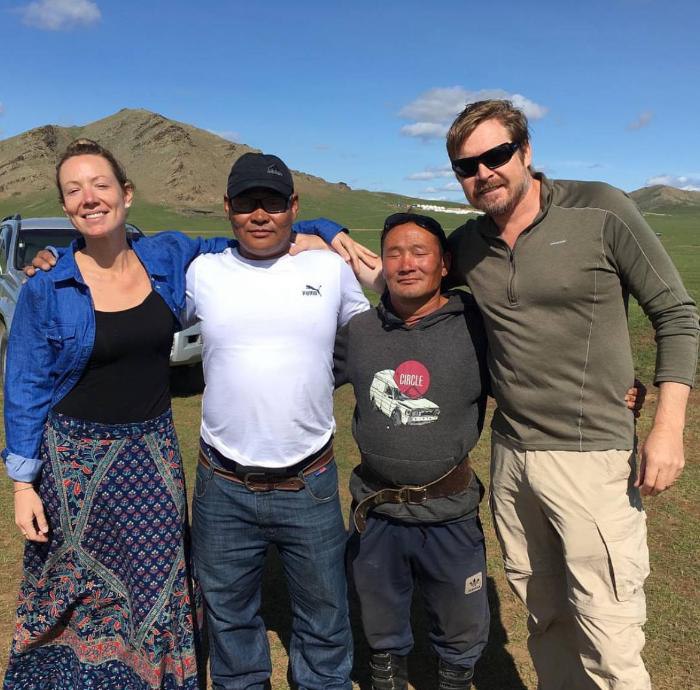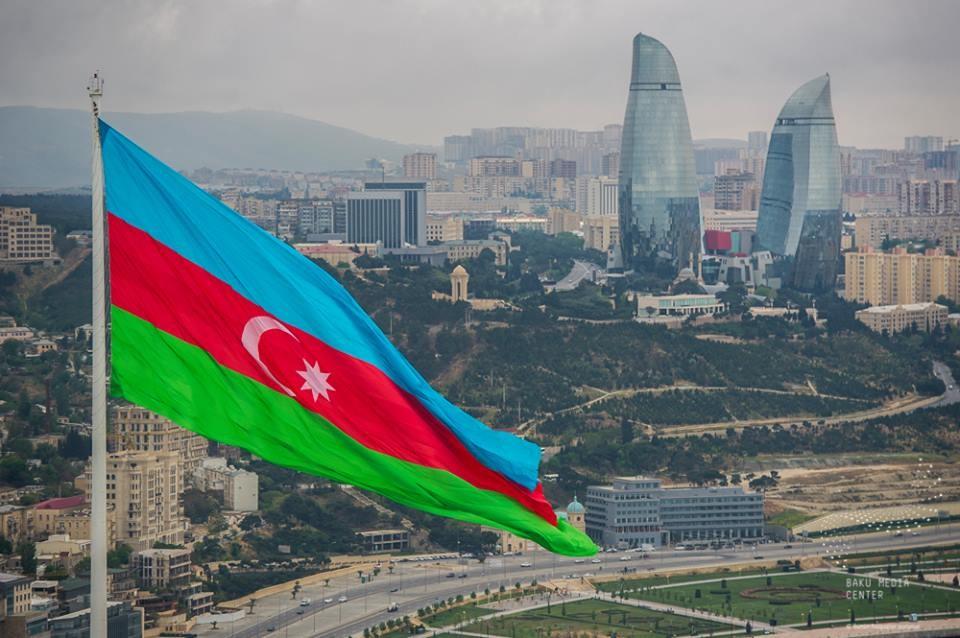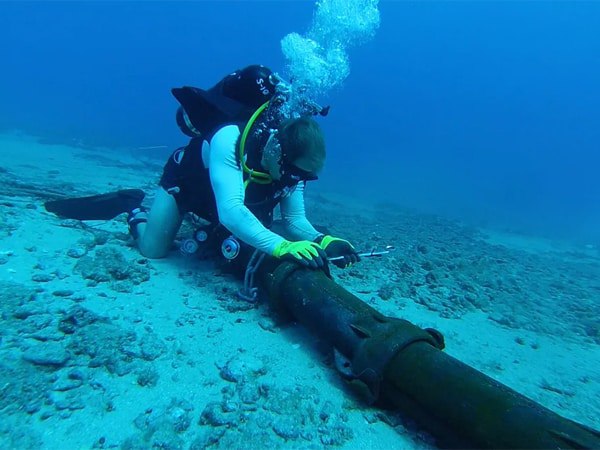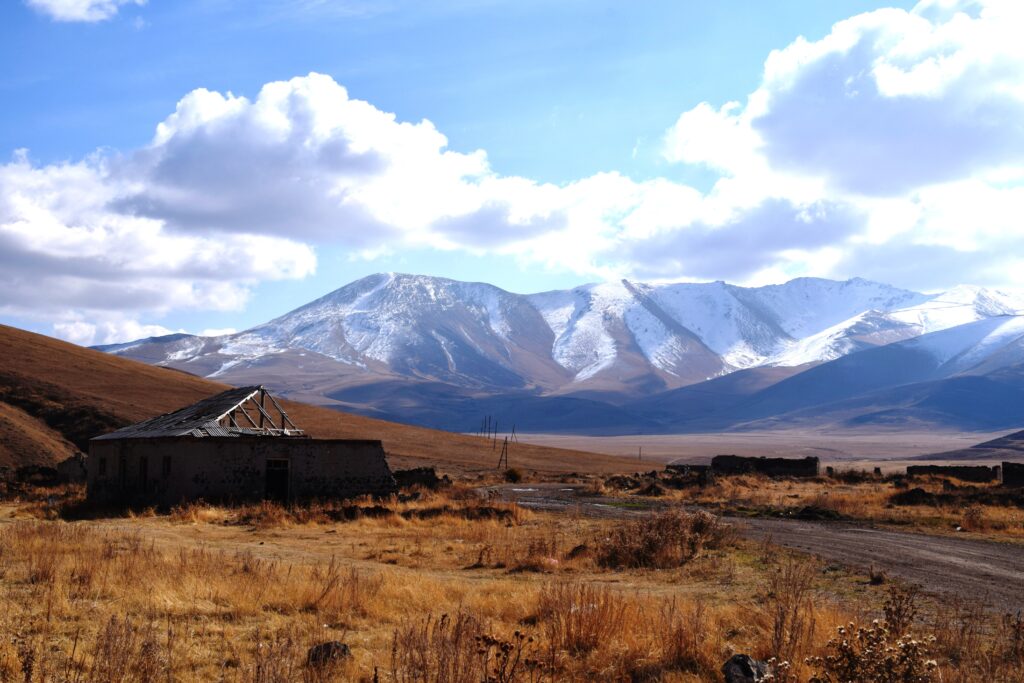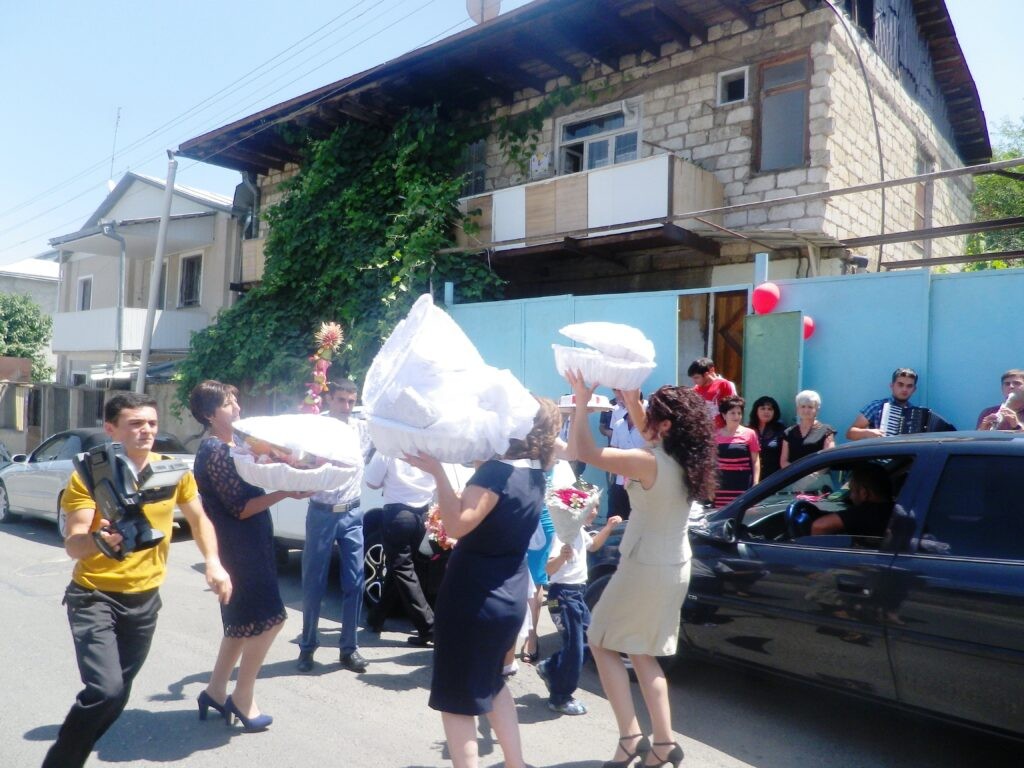Caspian Sea Swim by Travelers Carl Bushby and Angela Maxwell
British traveler Carl Bushby and American traveler Angela Maxwell, accompanied by accompanied by 15-time Azerbaijani swimming champions Anastasia Boborkina and Abdurrahman Rustamov, plan to become the first people ever to swim across the world's largest closed inland body of water, the Caspian Sea. The expedition covering approximately 300 kilometers, from Aktau, Kazakhstan, to Baku, Azerbaijan, will begin mid-August and take about a month to complete. Crossing the Caspian Sea is a significant part of the unique and ambitious 'Goliath' project instigated by Carl Bushby to circumnavigate the globe without using any form of transport. Having set off in 1998, the paratrooper-turned writer has now covered over two-thirds of the 58,000-kilometre journey. Angela Maxwell is an experienced American traveler, renowned for her extreme expeditions. In 2014, she sold all her belongings and set off on foot to explore the world. Since then, she has covered thousands of kilometers, often alone, through different countries, encountering diverse cultures and overcoming numerous challenges. Maxwell's participation in the Caspian Sea swim adds a new dimension to the Goliath expedition whilst emphasizing both adventurers' daring spirit and courage. The Caspian Sea swim is a physically challenging and strategically important part of journey, given the current climate which prohibits crossing Russia and Iran by foot. Bushby admits to having limited swimming experience and to preserve their energy and safely attain their goal, the pair plan to swim around 10 kilometers a day, escorted by a boat to assist in any emergencies.
